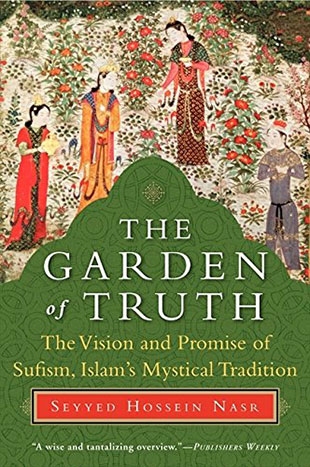"A term often used by Sufis is found also in most of the major languages of the Islamic peoples. It is adab, which means at once comportment, courtesy, culture, refined speech, literature, correct ethical attitudes, and many other concepts. It is really untranslatable and perhaps should be used in English in its Arabic form like terms such as karma and guru, which have entered English recently from Sanskrit, or jihad from Arabic. All traditional societies have tried to inculcate their own forms of adab within members of society from childhood, and Islamic civilization is no exception. For traditional Muslims, adab encompasses nearly all aspects of life from greeting people to eating to sitting in a gathering to entering a place of worship. As for quintessential adab, it has always been associated by Sufis with the actions and words of the Prophet himself. Adab is the means of controlling the passions, which affect and often originate human actions. It is also a way of formalizing human actions in such a way that they display harmony and beauty rather than disorderliness and ugliness. Adab even disciplines the body and brings out its innate dignity and its theomorphic nature and teaches us how to carry ourselves in a manner that is worthy of the human state. Its goal is to control the ego and the passions and to inculcate the virtues of humility and charity within the human soul as well as bring out the majestic aspect of our existence. It is therefore closely related to spiritual discipline and is of great value in performing acts of goodness. It teaches us to discipline ourselves and to prepare the soul for that supreme sacrifice of its will and being before the altar of the Absolute, which is also Truth, Beauty, Love, and Goodness, qualities that are reflected in one way or another in the quintessential adab of traditional Islam beyond all cultural and ethnic idiosyncrasies. No one on the path to the Garden can be devoid of adab."
The Garden of Truth The Vision and Promise of Sufism, Islam's Mystical Tradition
Seyyd Hossein Nasr on Sufi chivalry, or kindness.
